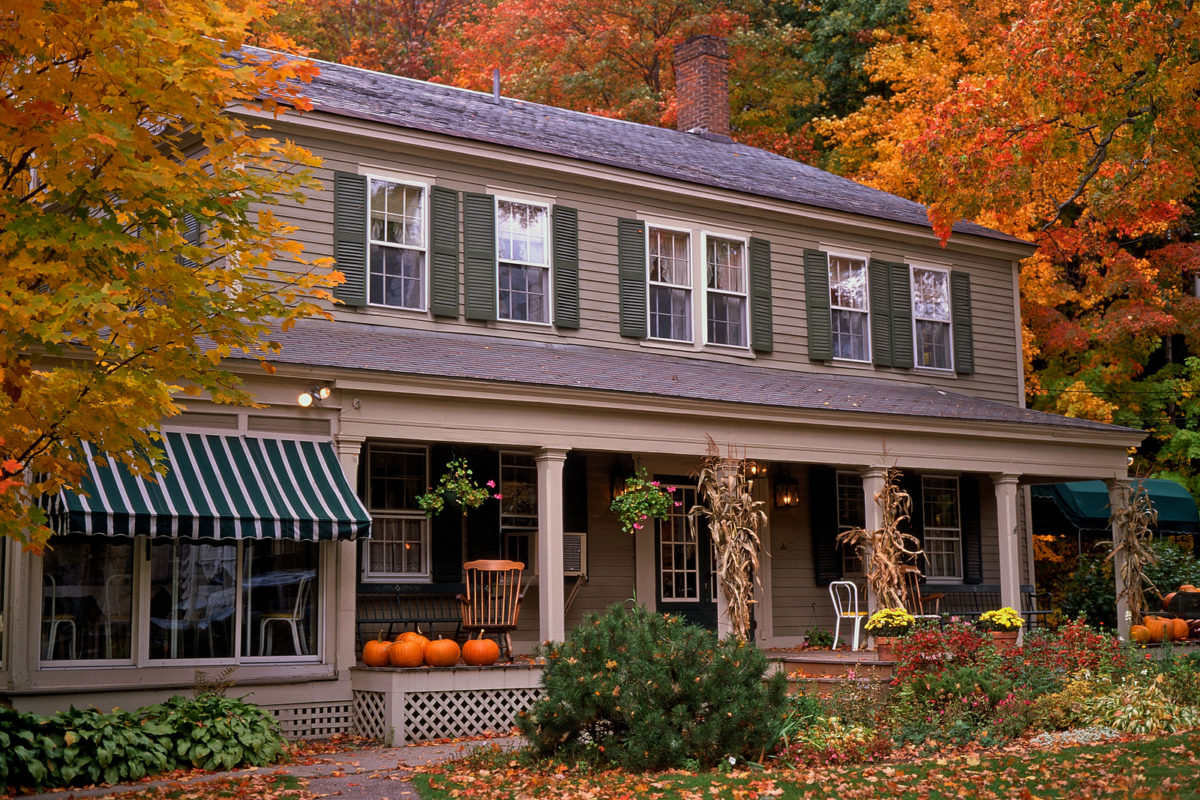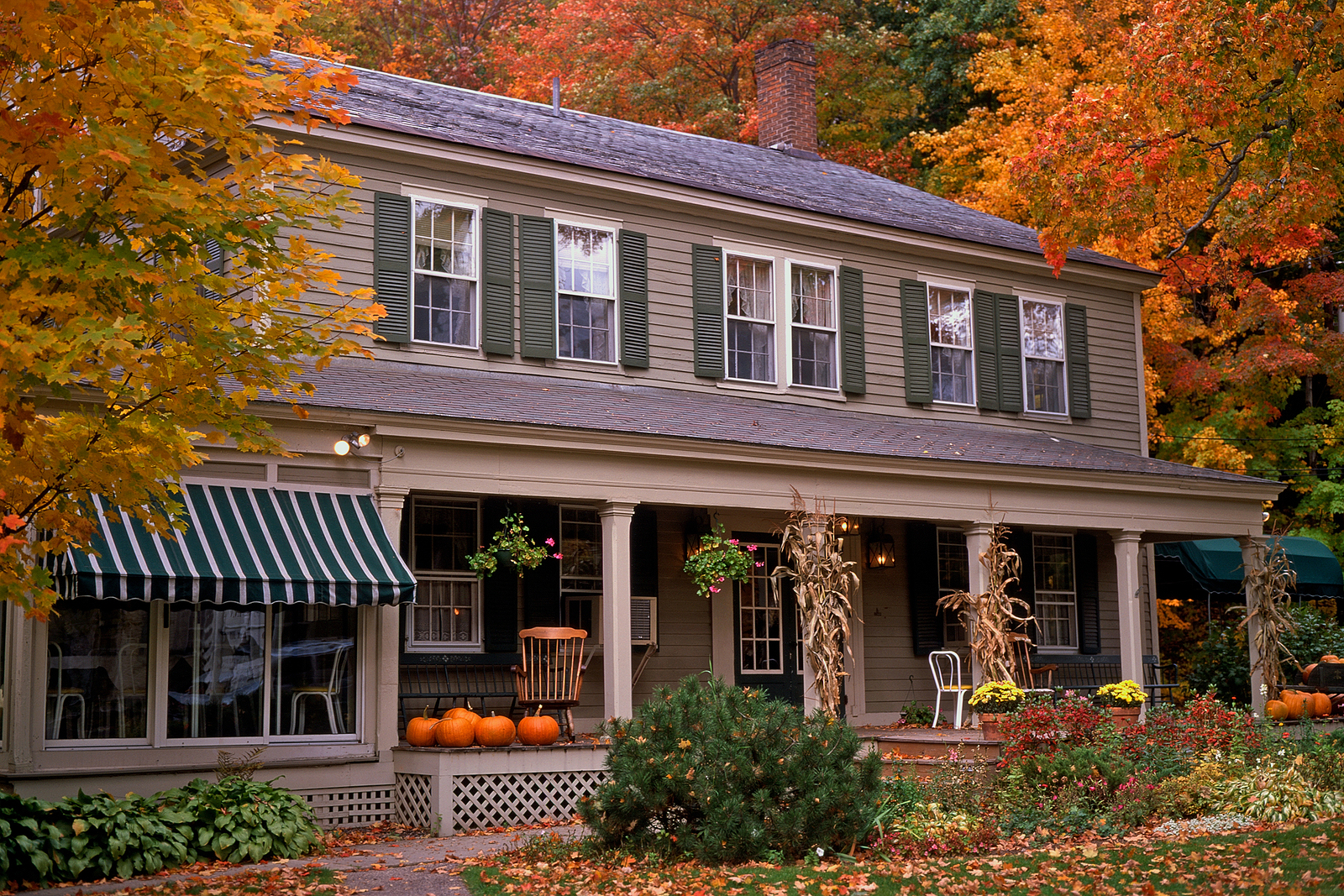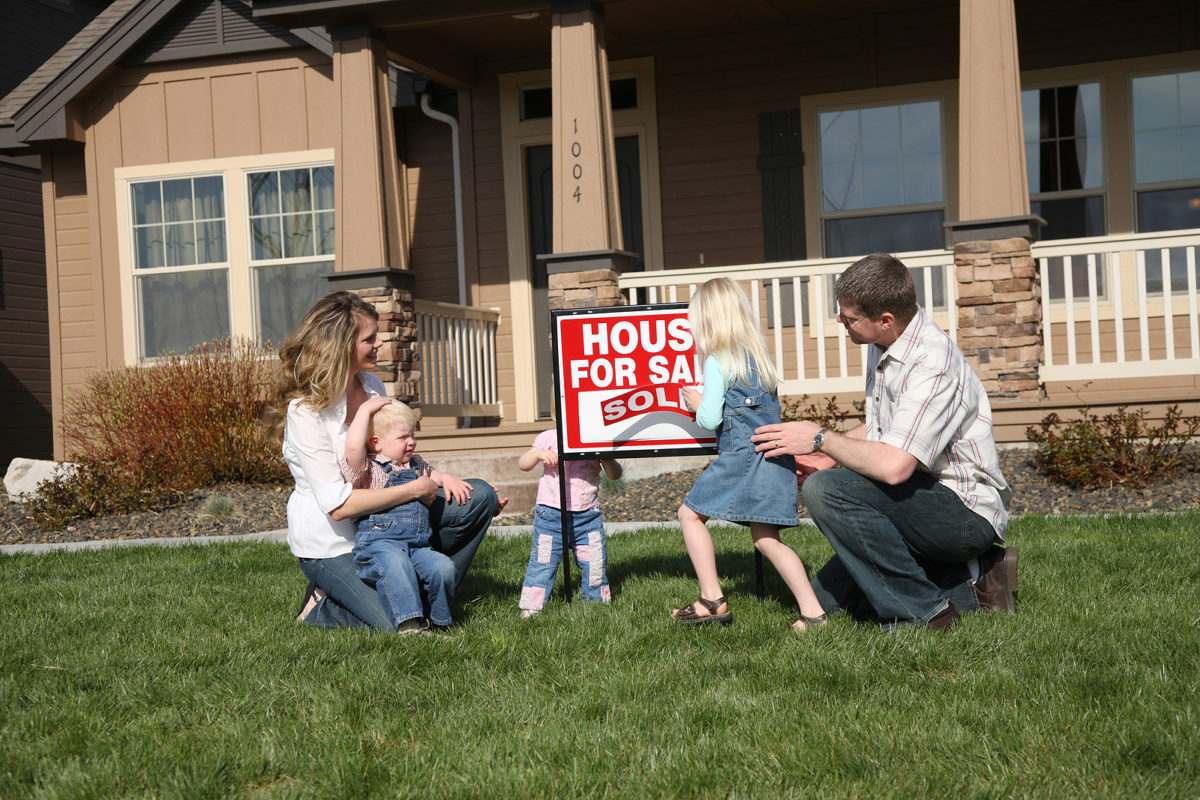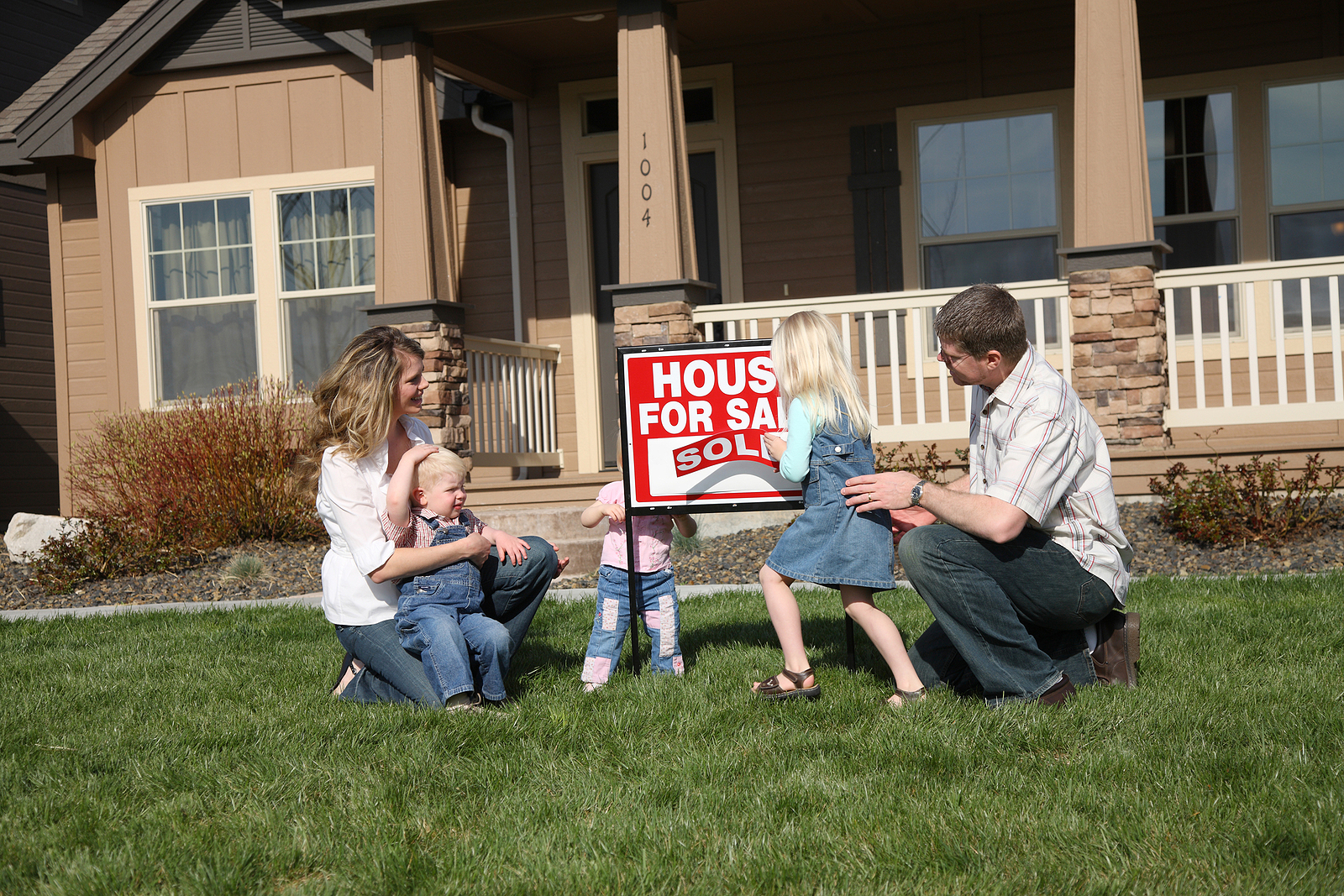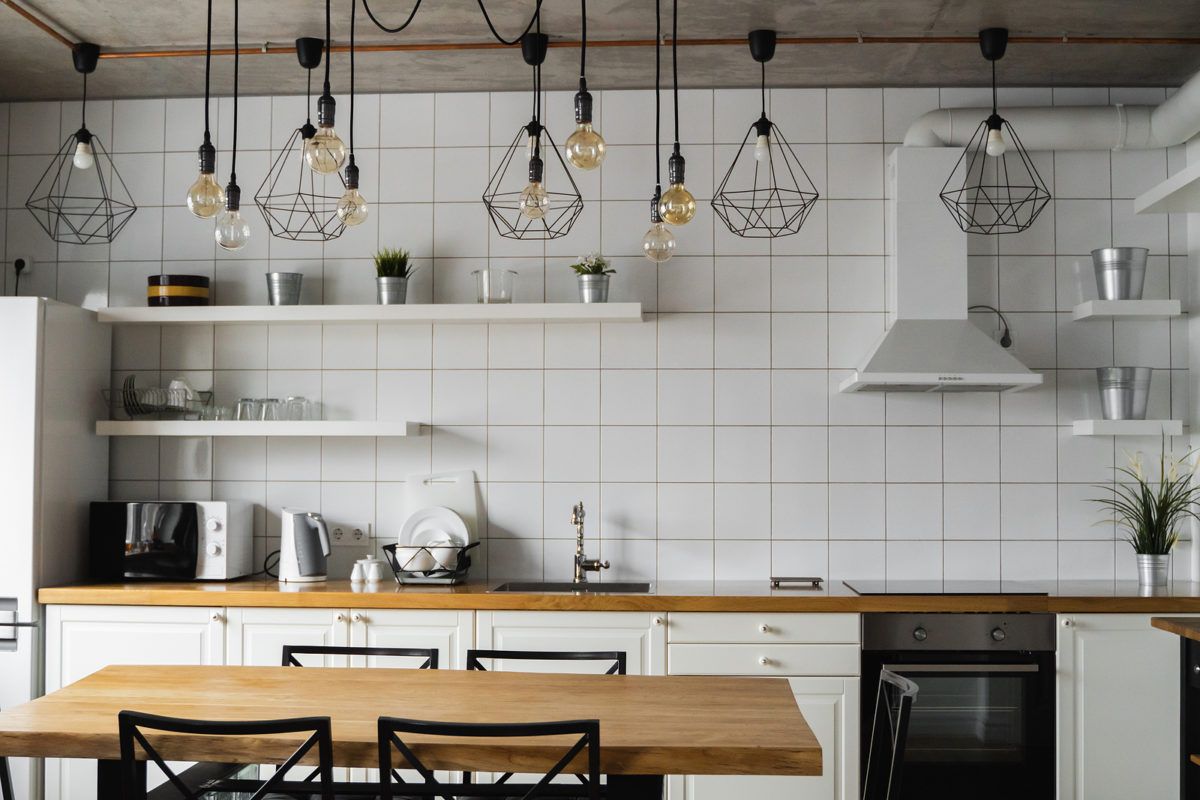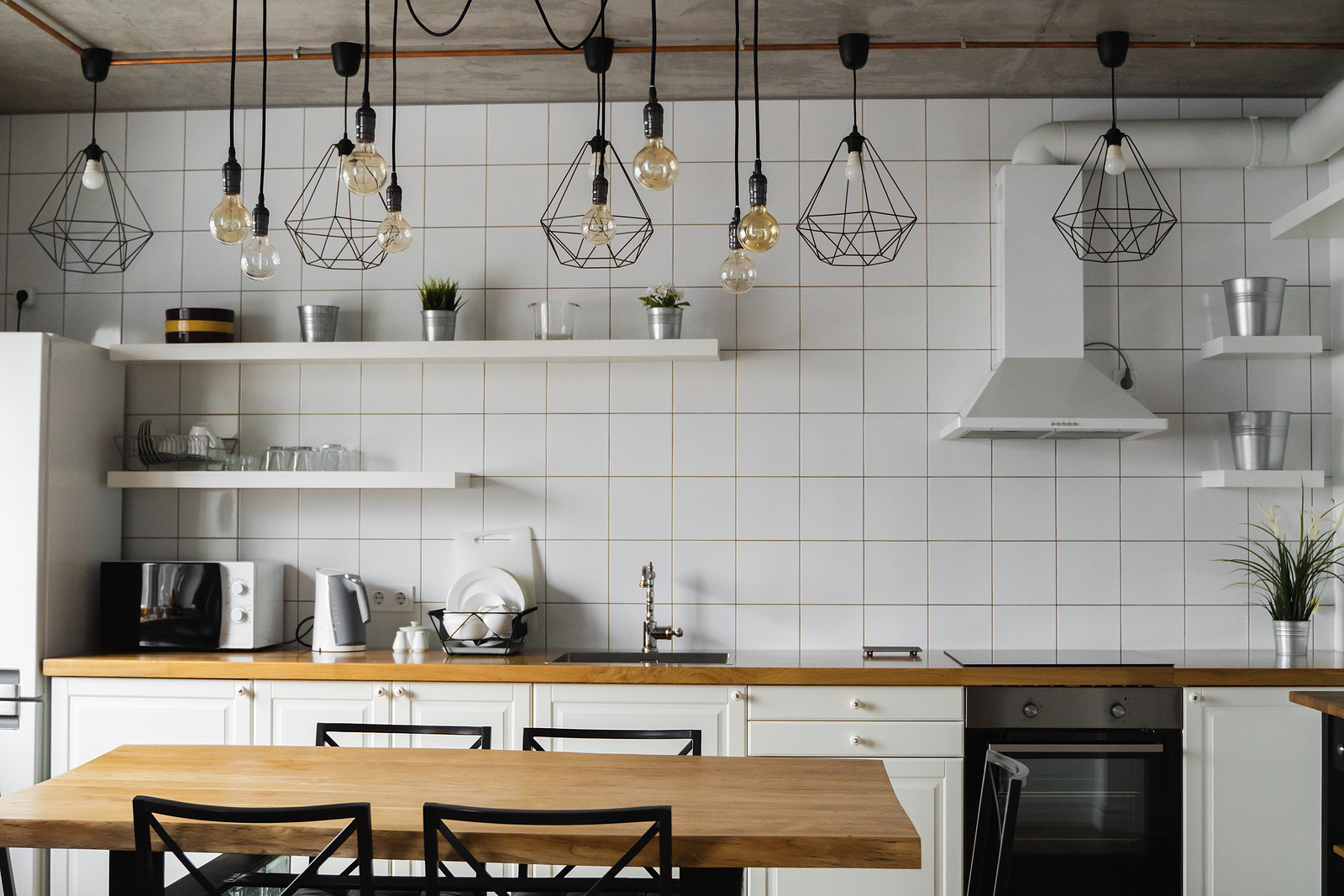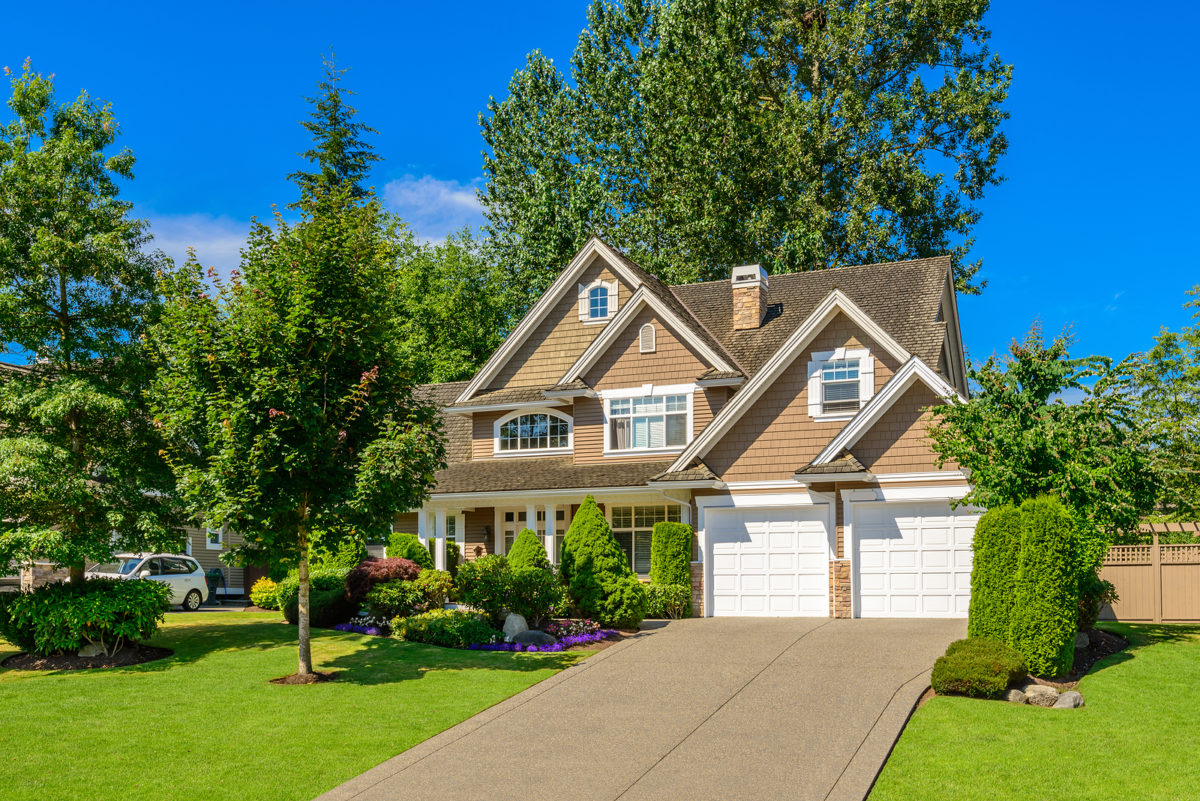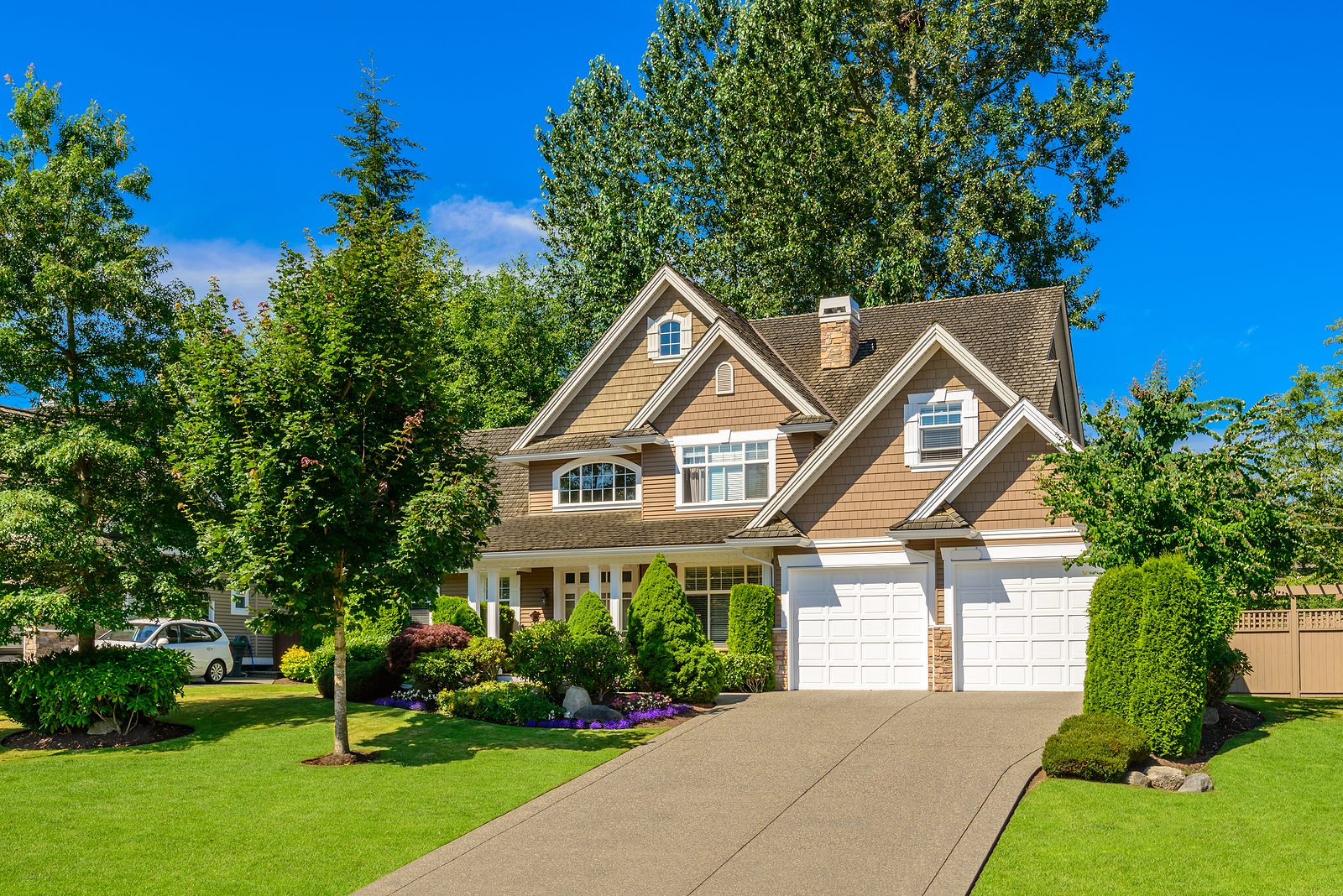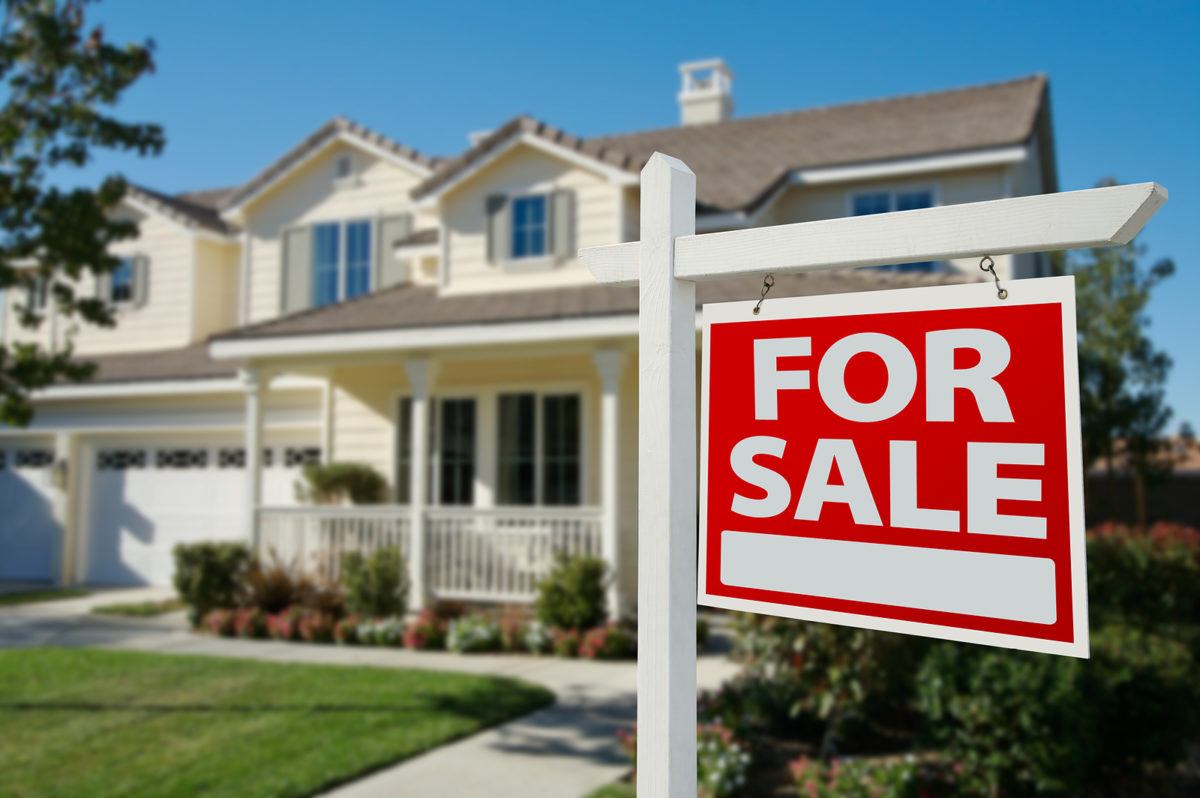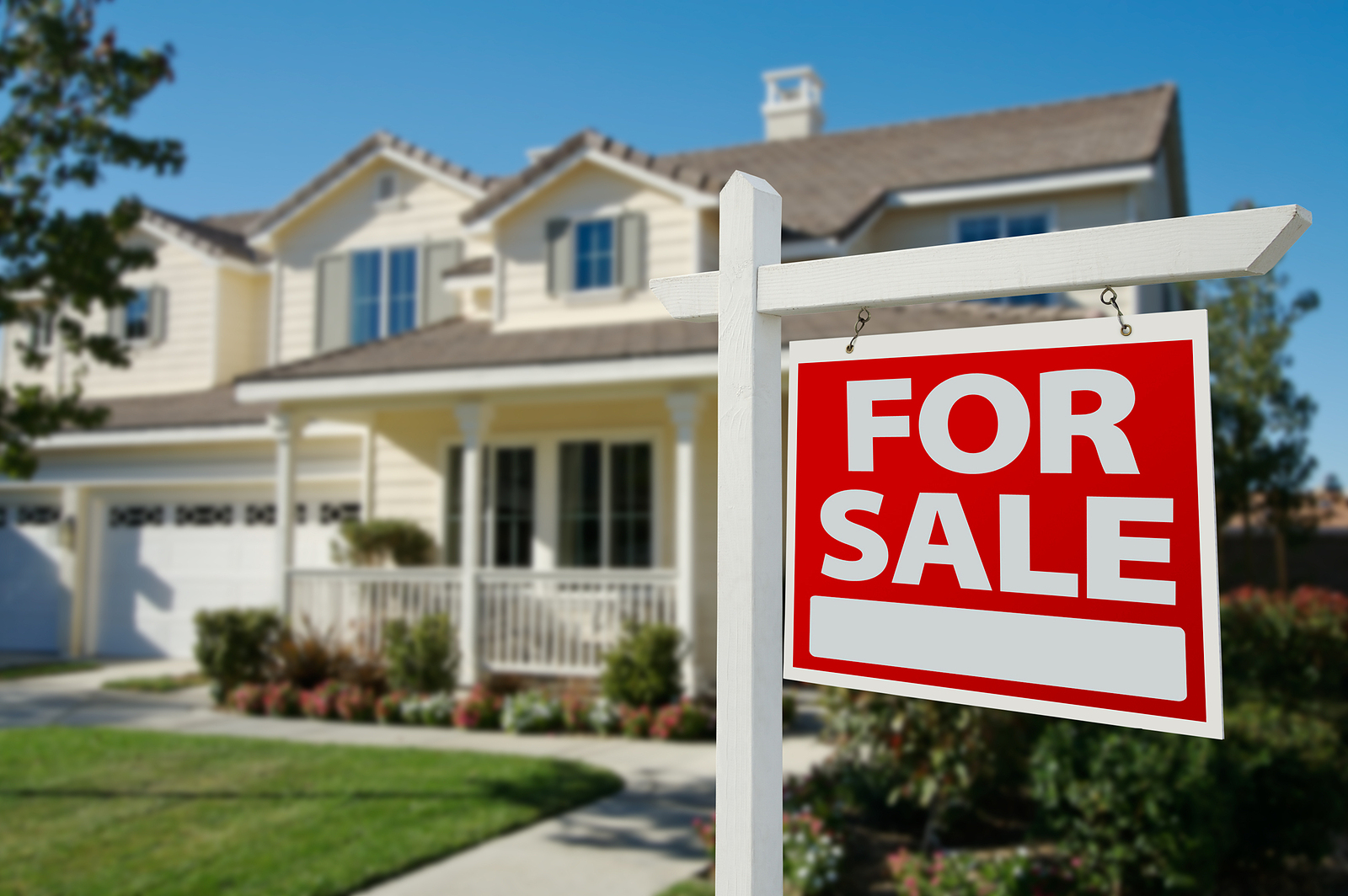How does an extra 5 to 11% of your home’s selling price sound? Michigan State University researchers found that “… a good landscape adds 5 to 11% to the perceived value of a home.”
Your landscaping is one part of your home’s “curb appeal,” and if it’s attractive and eye-catching, it can go a long way to distracting potential homebuyers from other, negative aspects of the home’s exterior.
And the appearance of the exterior is critical when it comes to compelling potential buyers to want to see what’s inside the home.
Let’s take a look at your front yard and the improvements that the researchers suggest to increase the value of the home.
Sophisticated designs add the most value
Sophisticated landscaping is balanced. The researchers explain balance in a landscape where “… no element overwhelms the others.”
The hardscape (anything that isn’t growing, such as a birdbath, statuary, etc.) is in balance with the natural elements and the number of large trees doesn’t overwhelm the number of shrubs and other plants.
The survey found that a home with only a lawn in the front yard, offered at $300,000 would bring $315,000 to $330,000 if the landscaping was more sophisticated.
Diversity isn’t only about people
The diversity of landscape elements was second on the list of most valuable features, according to the Michigan State University study.
Balance the colors, of plants and hardscape, to achieve this diversity.
Add pops of color to break up the monotony of an all-green landscape or, in autumn, all the fall colors. If your trees are gold and maroon, add some white flowering annuals, or blue hardscaping (a birdbath, colored gravel or cobalt planting pots, etc).
Big trees are popular
Any tree on the property will add value to the home, according to an Arbor Day Foundation study. In fact, the study found a 15% increase in home value when trees are present.
Some landscape elements detract from the home’s value
When shopping for plants for the front yard, keep in mind that homebuyers don’t like yards with only small plants. If this describes your yard, consider the purchase of at least one tall tree. It may just help you maintain your asking price for the home.
While your front yard landscaping isn’t the whole ball of wax when it comes to curb appeal, it’s one of the most important aspects.
Soon, we’ll discuss other ways to spruce up the home’s exterior to ensure those buyers get out of the car and into the home.
